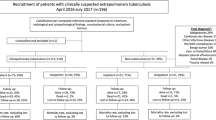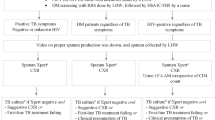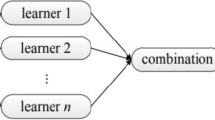Abstract
DURING December 1952, many stock-doves were found lying dead under the trees where they normally roost in the Damerham–Martin district of Hampshire. They appeared to be in good condition, but postmortem examination of forty-two of them showed that death was due to a virulent strain of Pasteurella pseudotuberculosis. There were small caseating nodules in the liver and spleen, both of which organs were slightly enlarged. The outbreak continued throughout December and January, but began to decrease in February.
This is a preview of subscription content, access via your institution
Access options
Subscribe to this journal
Receive 51 print issues and online access
$199.00 per year
only $3.90 per issue
Buy this article
- Purchase on SpringerLink
- Instant access to full article PDF
Prices may be subject to local taxes which are calculated during checkout
Similar content being viewed by others
References
Beck, A., and Huck, W., Centralbl. f. Bakt., 1, 95, 330 (1925).
Truche, C., and Bauche, J., Bul. Acad. Vet. Fr., 6, 43 (1933).
Truche, C., and Bauche, J., Bul. Acad. Vet. Fr., 3, 391 (1930).
Author information
Authors and Affiliations
Rights and permissions
About this article
Cite this article
CLAPHAM, P. Pseudotuberculosis among Stock-Doves in Hampshire. Nature 172, 353 (1953). https://doi.org/10.1038/172353a0
Issue date:
DOI: https://doi.org/10.1038/172353a0



